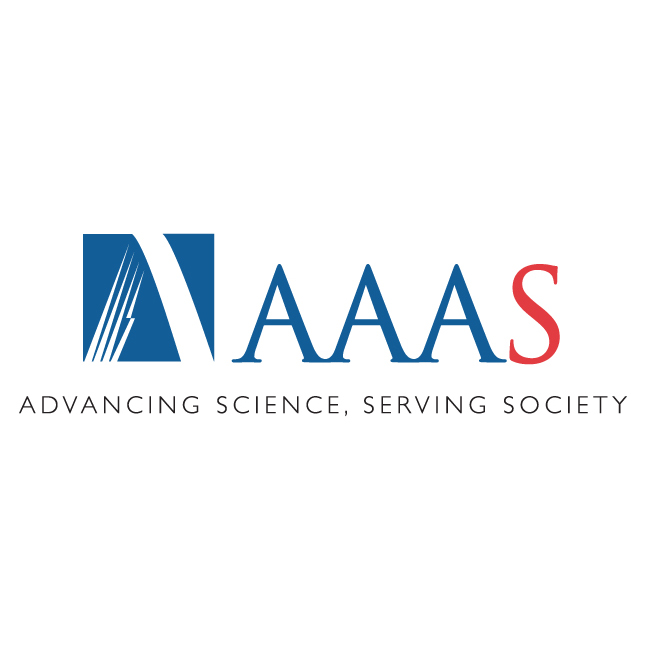
Robert Maxson Jr., an executive committee member of USC Stem Cell, is one of six USC scientists to be elected fellow of the American Association for the Advancement of Science (AAAS).
Maxson, a professor of biochemistry and molecular biology at the Keck School of Medicine of USC, has been elected for his distinguished contributions to the field of developmental biology, particularly mechanisms of skull growth, craniofacial birth defects and neural crest cell migration in organogenesis.
The other USC fellows are:
Frank Gilliland, professor of environmental health at the Keck School, for outstanding contributions to the scientific understanding of how genetic, epigenetic and environmental factors contribute to asthma and other diseases of public health importance.
Rob McConnell, professor of environmental health at the Keck School, for meritorious contributions to advancing public health through the conduct of landmark epidemiological studies of effects of ambient air pollution in children.
Kenneth Nealson, professor of Earth sciences at USC Dornsife, for pioneering work in environmental microbiology, particularly the discovery of the regulatory mechanism quorum sensing and the isolation and identification of metal-reducing bacterium.
Nicos Petasis, holder of the Harold E. and Lillian M. Moulton Chair in Chemistry, professor of chemistry and pharmacology, and member of the Loker Hydrocarbon Research Institute at USC Dornsife, with joint appointments at the USC School of Pharmacy and Norris Comprehensive Cancer Center at the Keck School. He was elected for distinguished contributions to organic chemistry and biomedical sciences, with the discovery of novel synthetically useful reactions and new paradigms involving chemistry, biology and medicine.
Berislav Zlokovic, director of the Zilkha Neurogenetic Institute at the Keck School, for distinguished contributions toward a comprehensive understanding of the role of CNS microcirculation and blood-brain barrier in the pathogenesis of chronic neurodegenerative disorders, including Alzheimer’s disease.
This year, 388 AAAS members will be made fellows. The new fellows will be presented with a certificate and a gold and blue rosette pin symbolizing science and engineering on Feb. 15 at the annual AAAS meeting in Chicago.
Fellows are selected from among the society’s membership through nomination by a steering group within the association, by three fellows who are currently AAAS members or by the association’s CEO.
AAAS, the world’s largest general scientific society and the publisher of the journal Science, began the tradition of selecting fellows in 1874. The nonprofit organization has been around since 1848.
